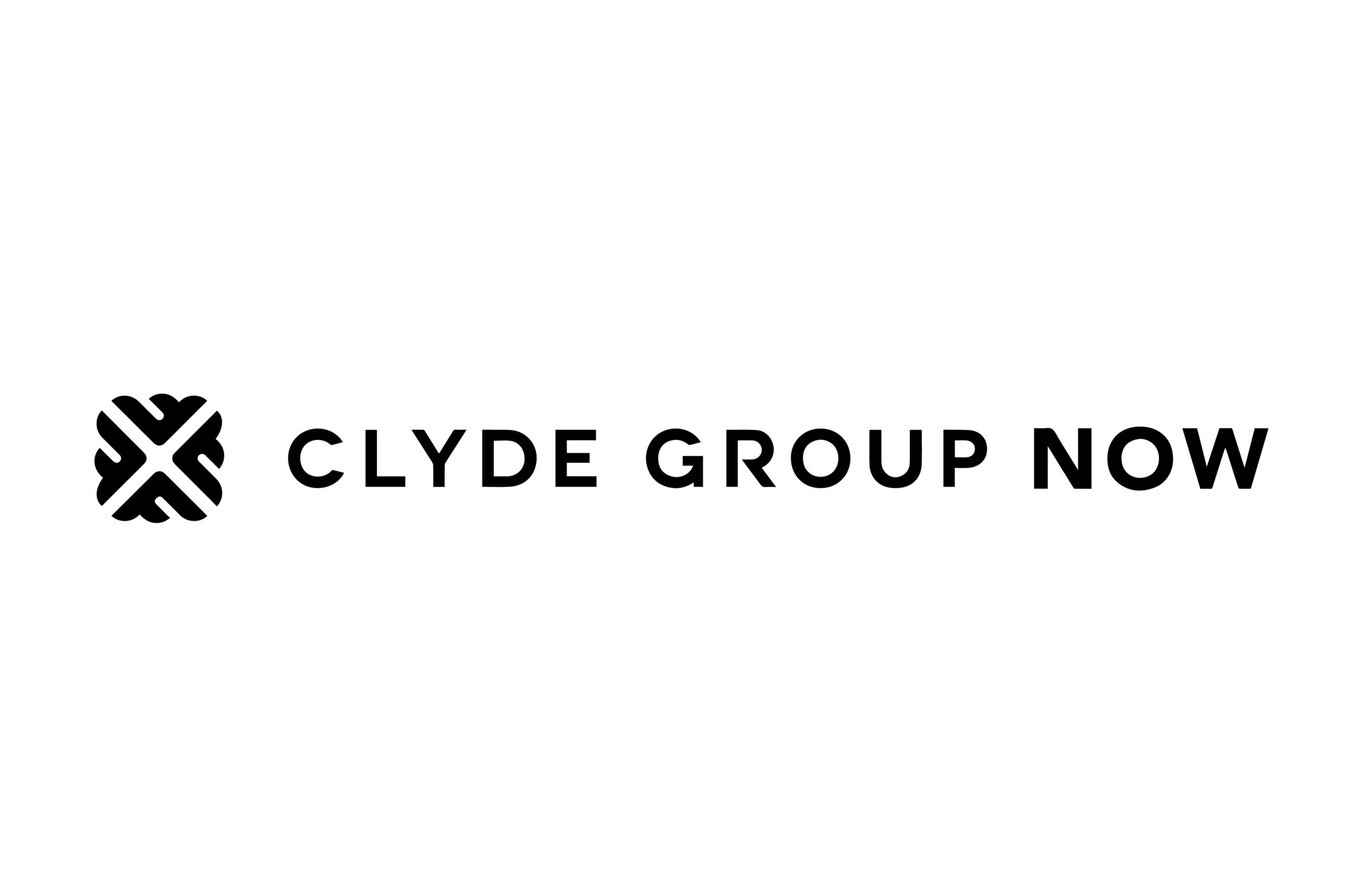Insights
COVID Impact: The Future of Agency Work.

Over the last few months, we have offered insights into how the COVID-19 crisis affects the communications of various industries. However, we have yet to fully discuss our own: public relations. We have been focused on the pressing needs of our clients—trying to predict media and reputational challenges and help them emerge stronger—but it would be a mistake for those of us who lead, advise, and deal with public relations agencies not to plan for the future.
There will be short-term consequences (e.g. we will work harder, respond faster, and conduct more of our business remotely), but in the long-term, the industry will inevitably be reshaped. According to some PR leaders I spoke with, up to 30% of agencies will not survive this crisis. The firms that remain will undergo some tectonic changes and work within a different communications landscape:
- Holding companies will continue their decline. The global holding company model was already suffering before COVID-19. Over the last five years, the revenues of agency holding companies—the WPP’s and Omnicons of the world—have trended lower and lower. The over-priced and over-staffed agency model will struggle to endure the double whammy of an economic downturn and increased competition from boutiques.
- Industry diversification will matter more. If this crisis has taught us anything, it is the financial importance of diversification. Already we’ve seen the collapse of several boutique companies that were specializing in travel and tourism, as well as tech and the gig economy. That’s not surprising, but it will serve as a potent reminder to entrepreneurs as they build their clientele—smart operators will ensure it includes multiple sectors and communications disciplines.
- The brick-and-mortar agency will decline. In the wake of this crisis, some agencies will have to examine their real estate costs. What good are Edelman’s 65 offices if they’re forced to close for months at a time? In the midst of a pandemic, those spaces quickly become substantial expenses, rather than assets. That said, public relations remains a human-first business: being in the same room remains incredibly valuable. So while the shift toward a virtual model will be noticeable, it will more than likely not be complete. Agencies will maintain offices, but they may resemble a free-flowing coworking and meeting space, like a WeWork, rather than a dedicated desk-and-cubicle office.
- Pro-bono and values-aligned work will matter more. Similar to 9/11, COVID-19 will most likely leave us a more public service-oriented country. Even before this crisis, agencies were already taking on clients’ societal impact campaigns and CSR platforms.